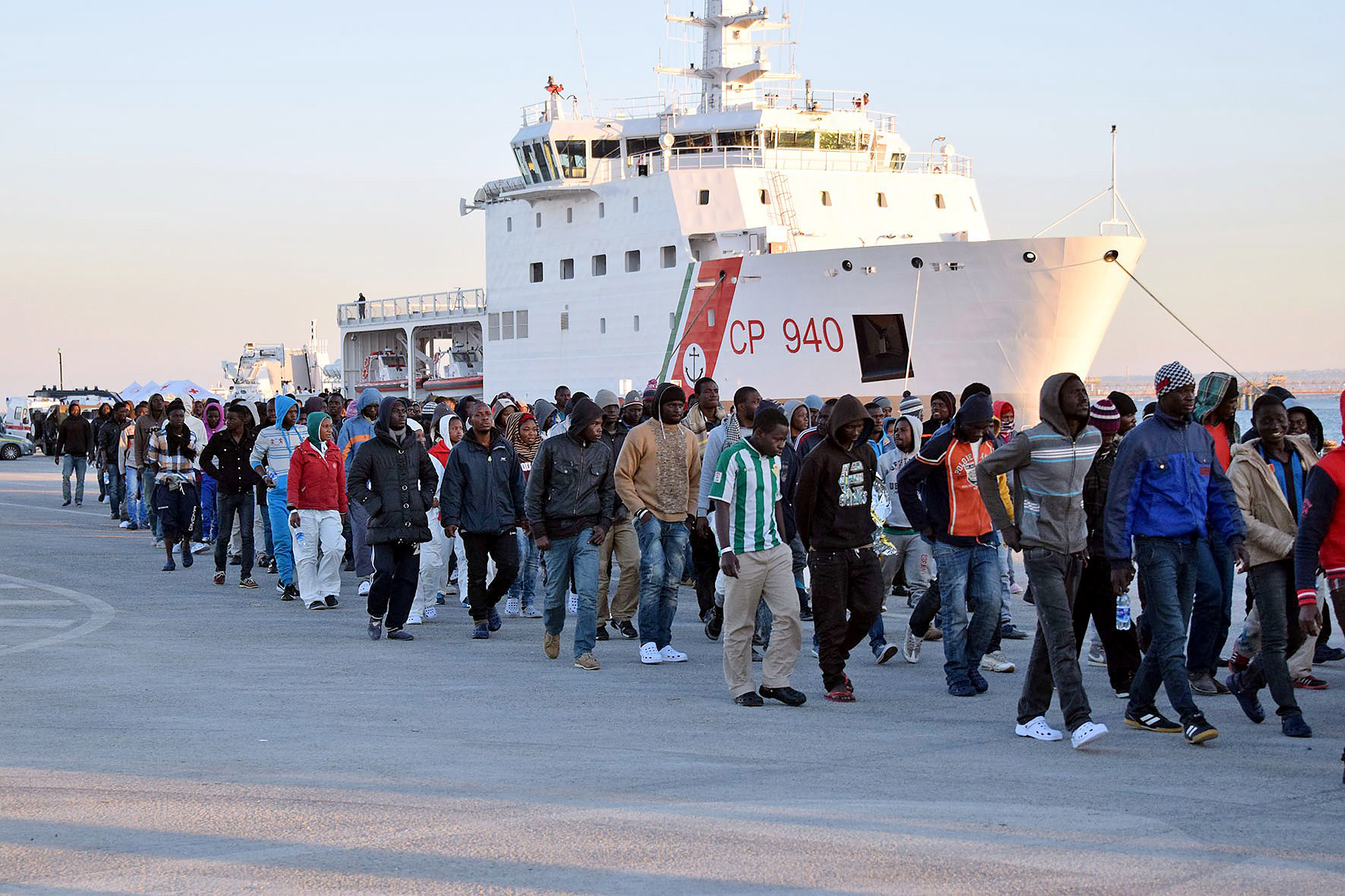
Mahmoud’s journey across the Mediterranean to Europe in mid-April was a hellish two-day ordeal. The 28-year-old vomited uncontrollably as the tight-packed boat tossed on the choppy waters, he recalls, while several passengers died of dehydration and were buried at sea. He was weak and shaken by the time the vessel drifted ashore in Italy, and he remains haunted by the experience. “Even now I have a problem in my head,” he told TIME on Monday, recounting a traumatic four-month trip from his home in Senegal into Fortress Europe. “I cannot sleep,” he says, speaking by phone from an immigrant center in Rome, where he is now applying for refugee status. “Many people I met have died trying to cross to Europe.”
With at least 1,000 migrants dead in the Mediterranean this past week — the deadliest week at sea for migrants in memory — E.U. officials are scrambling to devise strategies to halt the armada of smugglers’ boats crossing from North Africa, and to prevent more mass drownings, which are turning the Mediterranean into a mass grave of migrants. Many are fleeing wars or poverty back home, facing severe risks that have spiraled in their deadliness. About 1,500 migrants have drowned in the Mediterranean since Jan. 1, compared with 96 in the first four months of last year, according to the U.N.’s International Organization for Migration.
Shocked at the toll, E.U. leaders are set to discuss a raft of emergency measures in Brussels on Thursday, including deploying more boats to help migrants — something many E.U. countries have been loath to do until now — and streamlining immigration and asylum requests from Africa, where hundreds of thousands of people are leaving for Europe.
But above all, E.U. officials say that for the mass deaths to stop, there is one place where peace is needed, and now: Libya.
With the great majority of boats leaving from Libya’s coast, European officials believe that country’s collapse into chaotic violence has allowed a rapacious mafia of human traffickers to flourish with impunity. E.U. foreign policy chief Federica Mogherini told reporters Monday that Europe wanted to work with Libyans to form a national unity government, so rival factions could together administer the country and help crack down on traffickers. “We invite all Libyans to have the same sense of urgency,” she said, “not only to save their country but the many human lives that are put at risk on their own territory.”
Judging from Mahmoud’s harrowing description of his journey through Libya, and from interviews with those who remain in Libya, however, stopping the smugglers will be a daunting task.
Despite the deaths on the Mediterranean, Libyan traffickers are still finding thousands of eager customers, mostly African, who are desperate for a way out and willing to pay smugglers a hefty $1,000 each to squeeze on to heavily overloaded boats.
Boat Migrants Risk It All for New Life in Europe
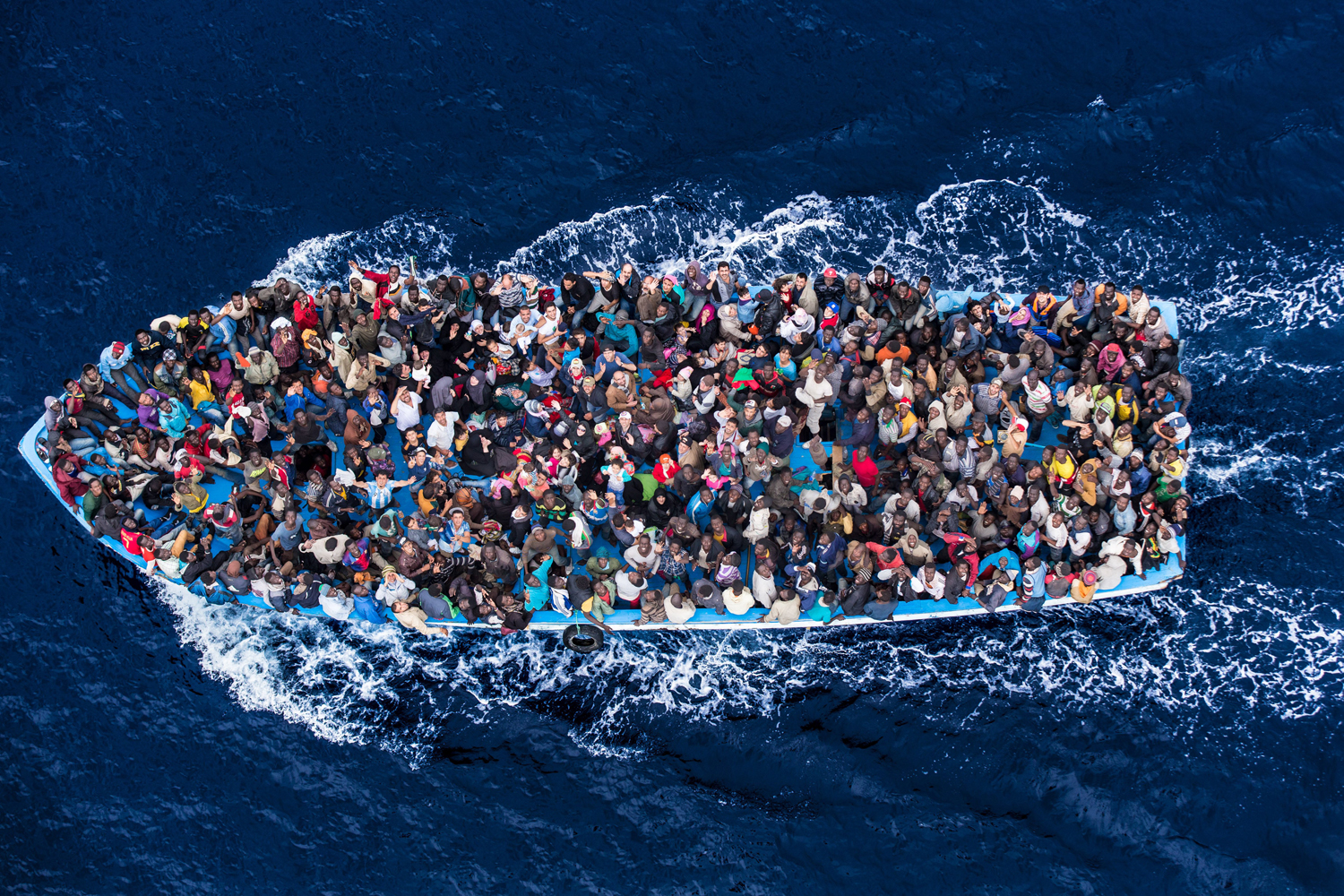
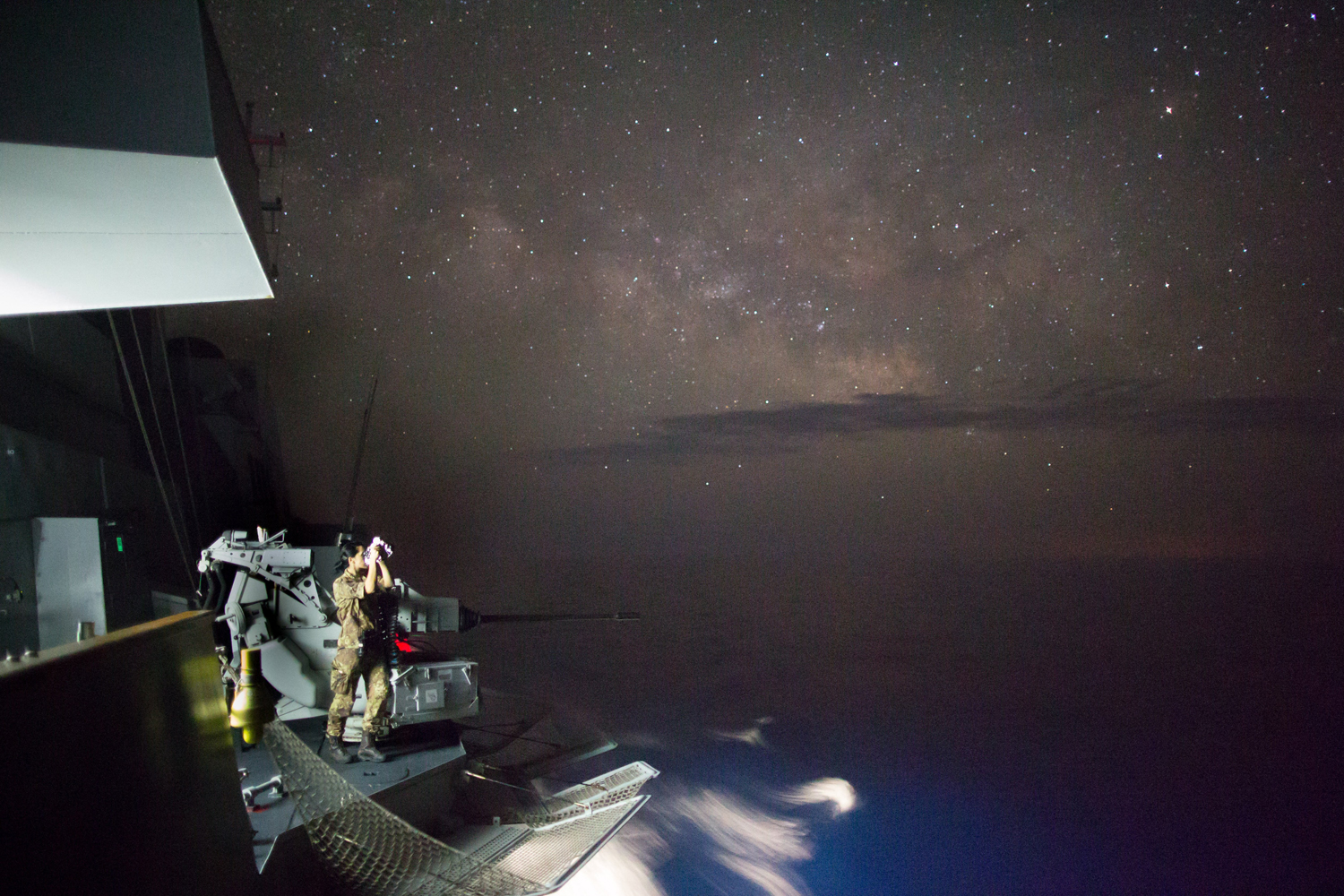
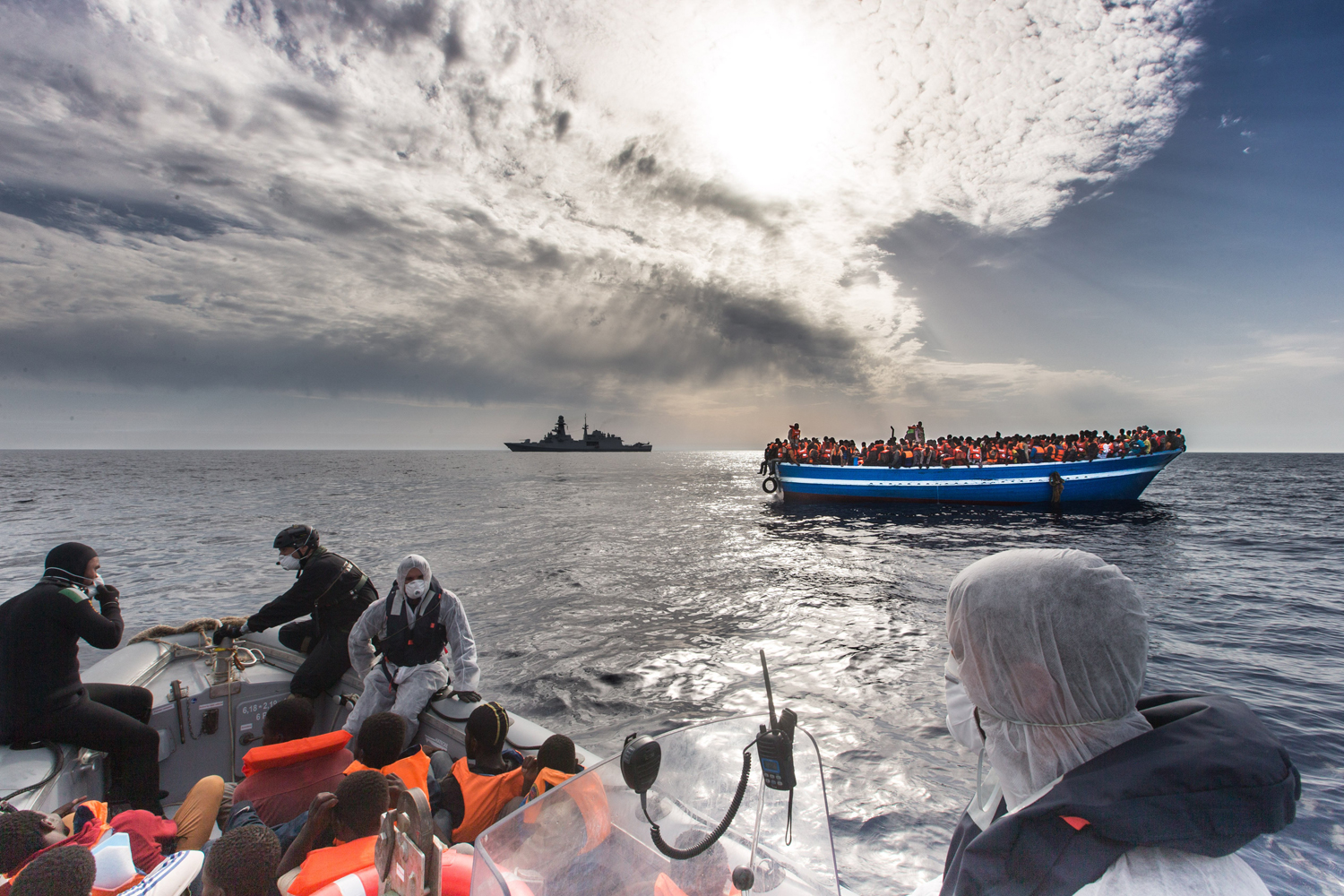
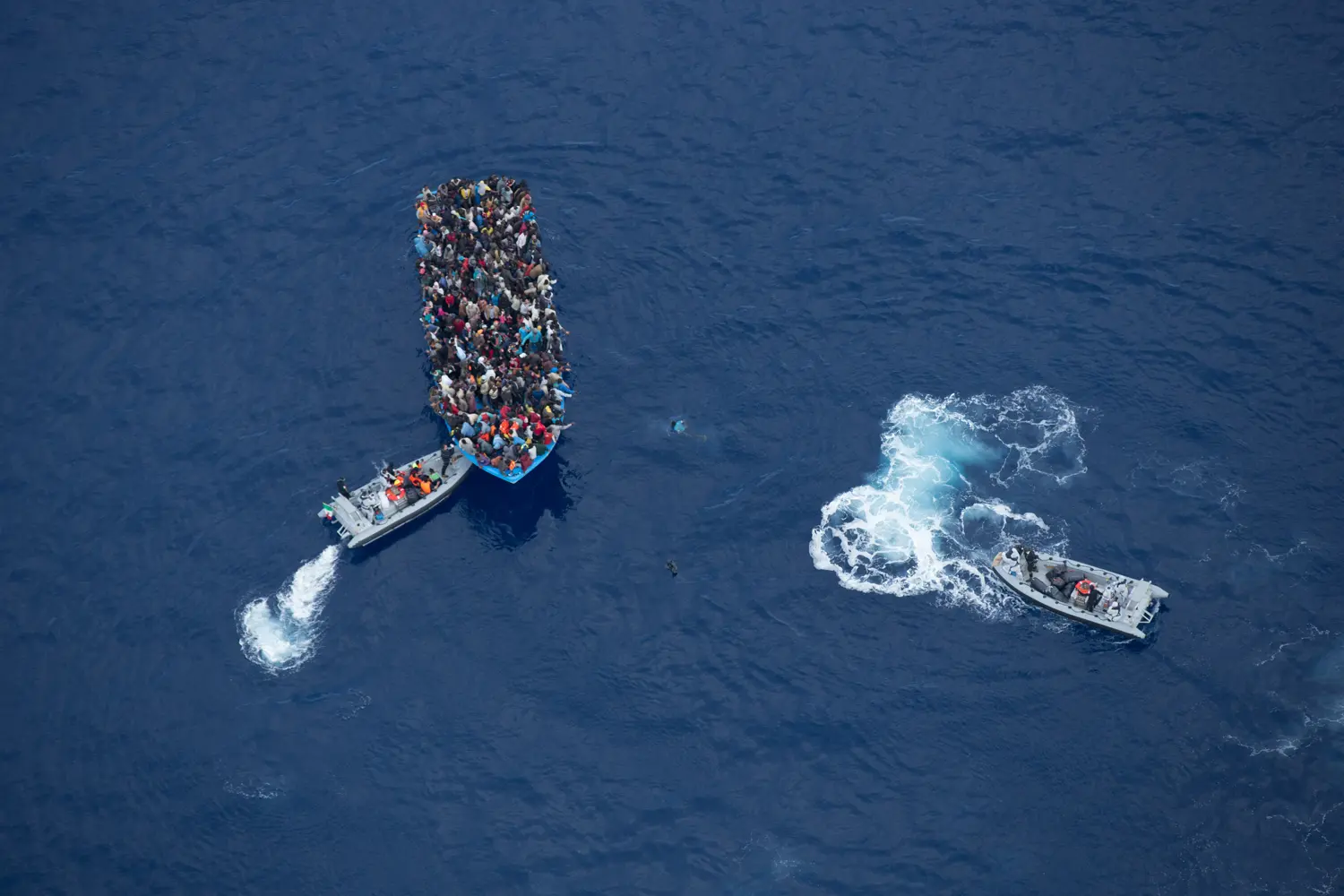
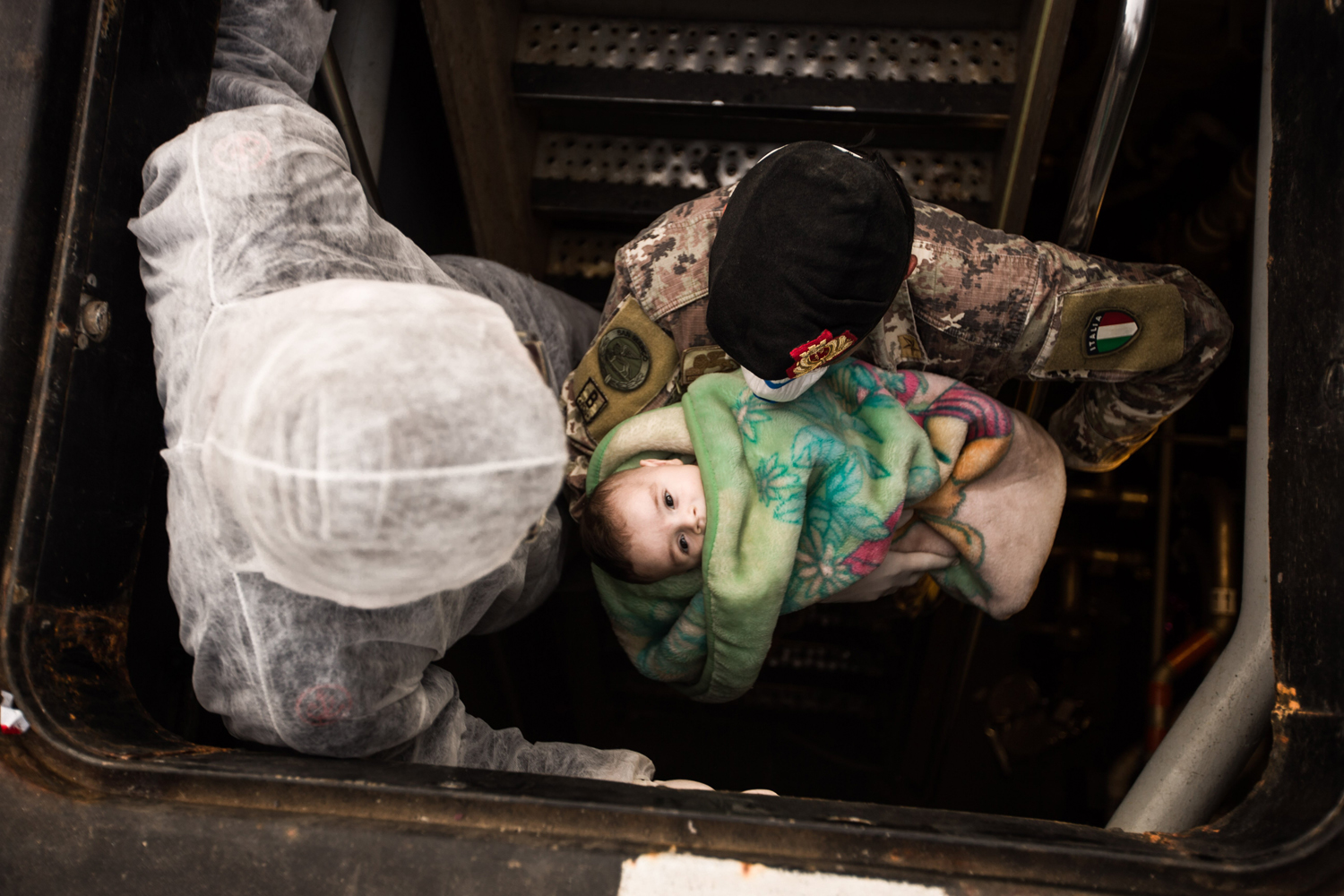
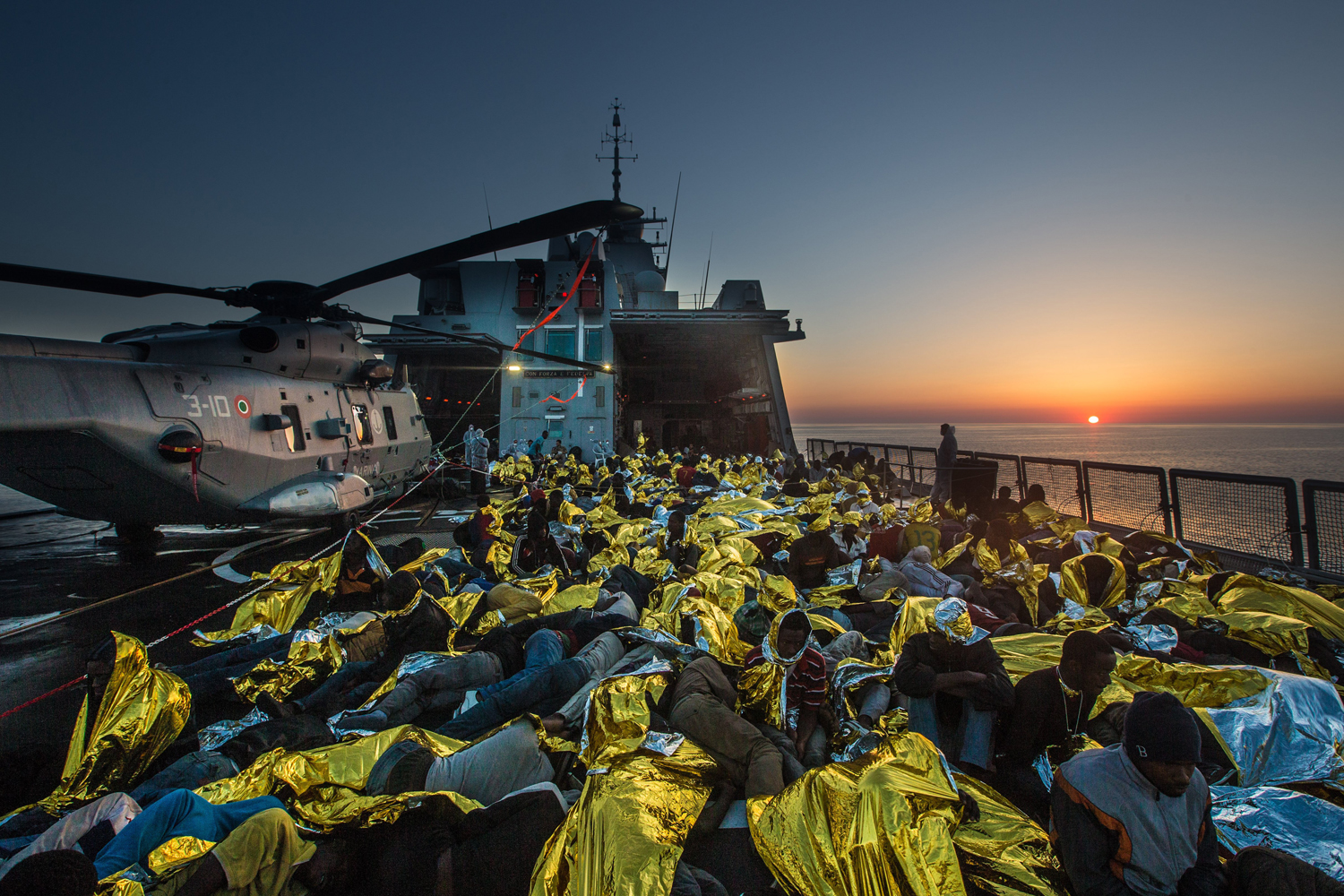
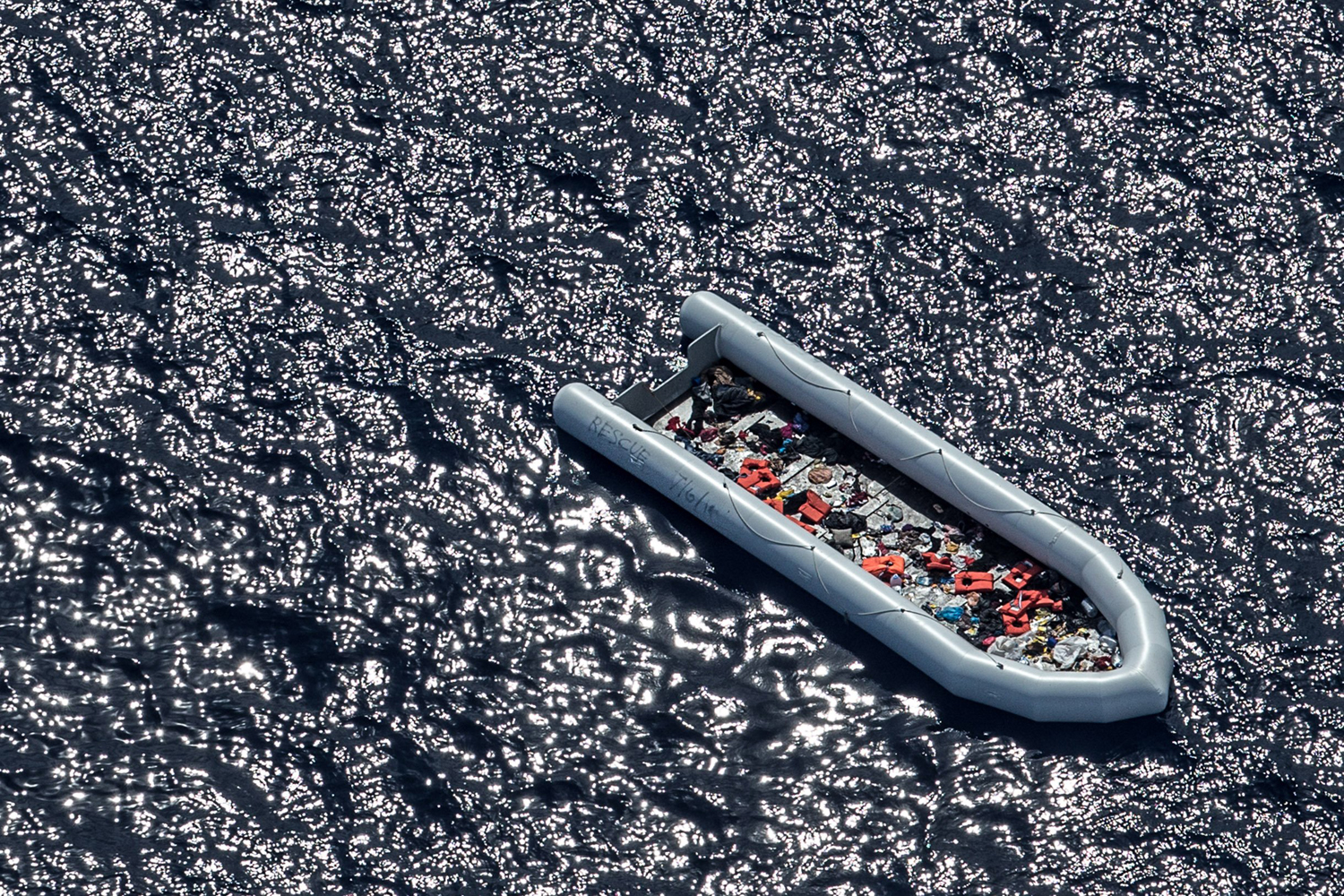
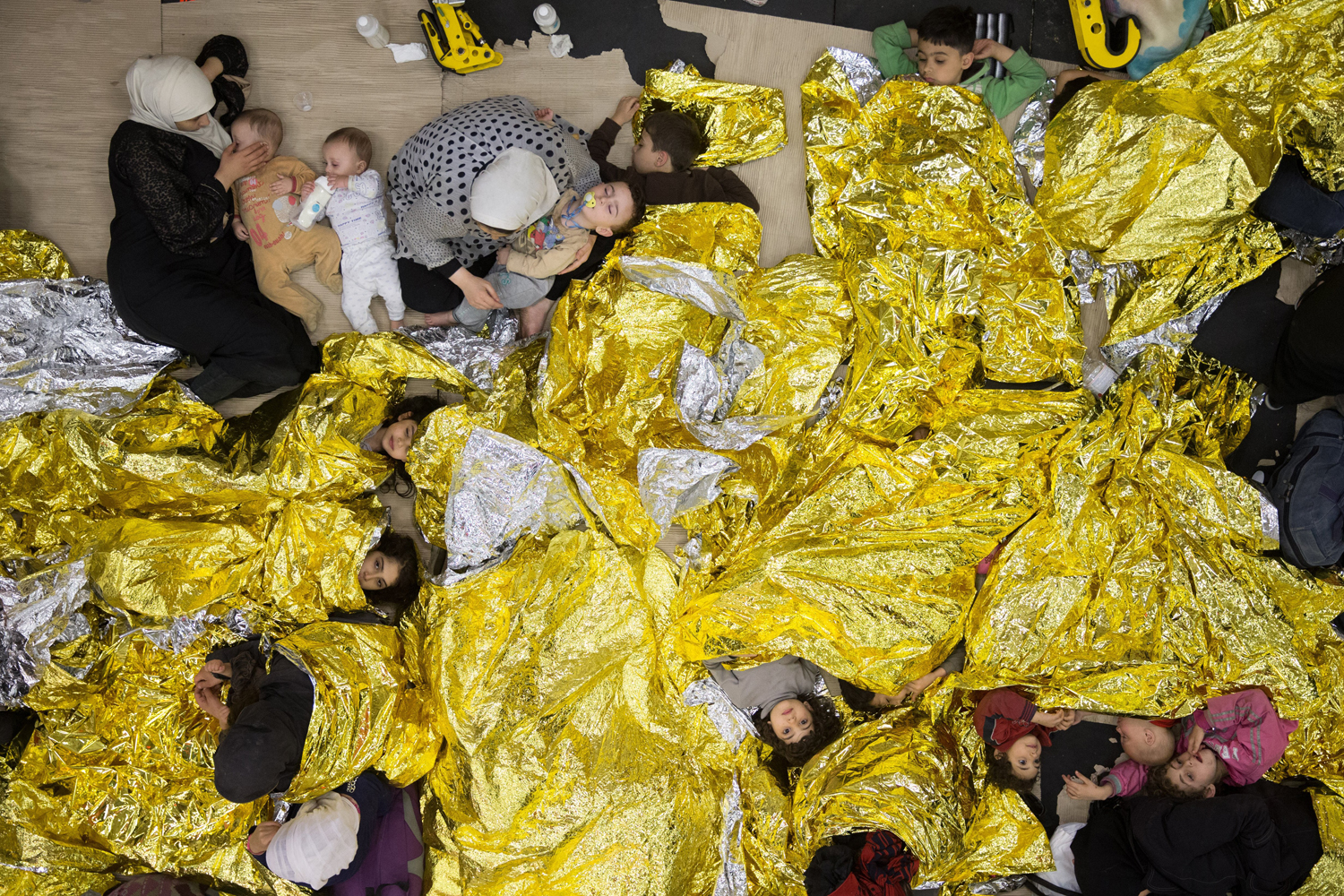
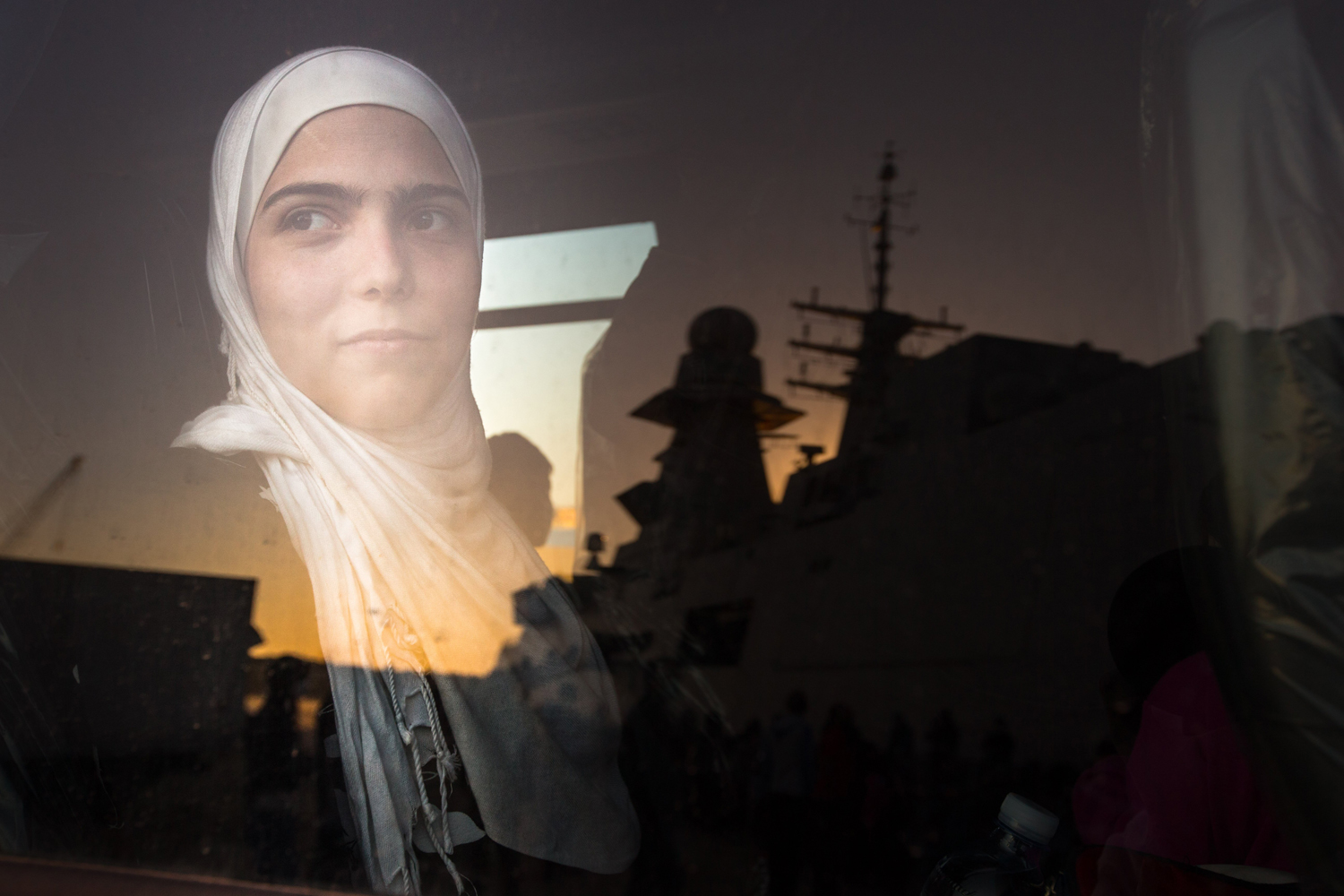

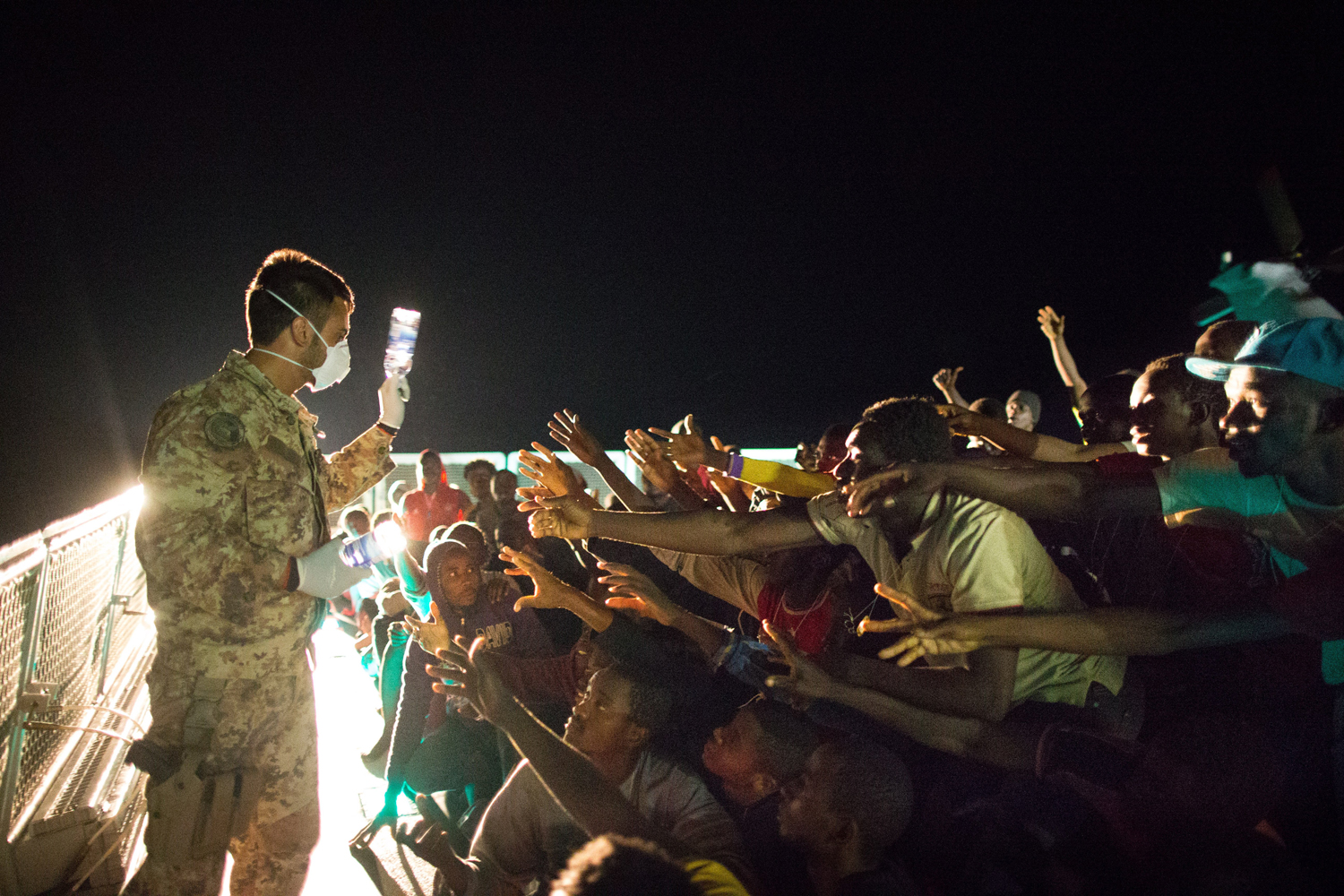
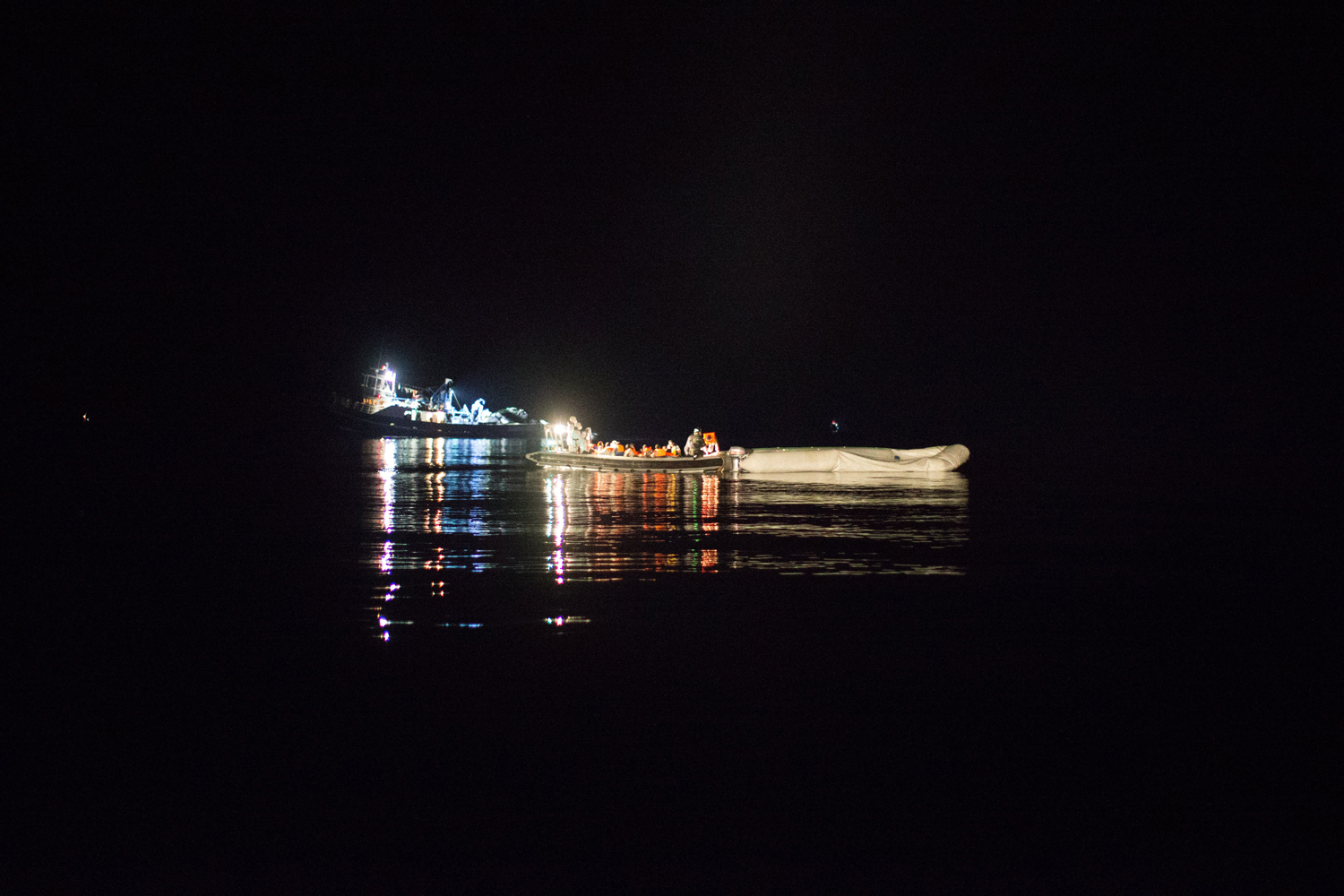
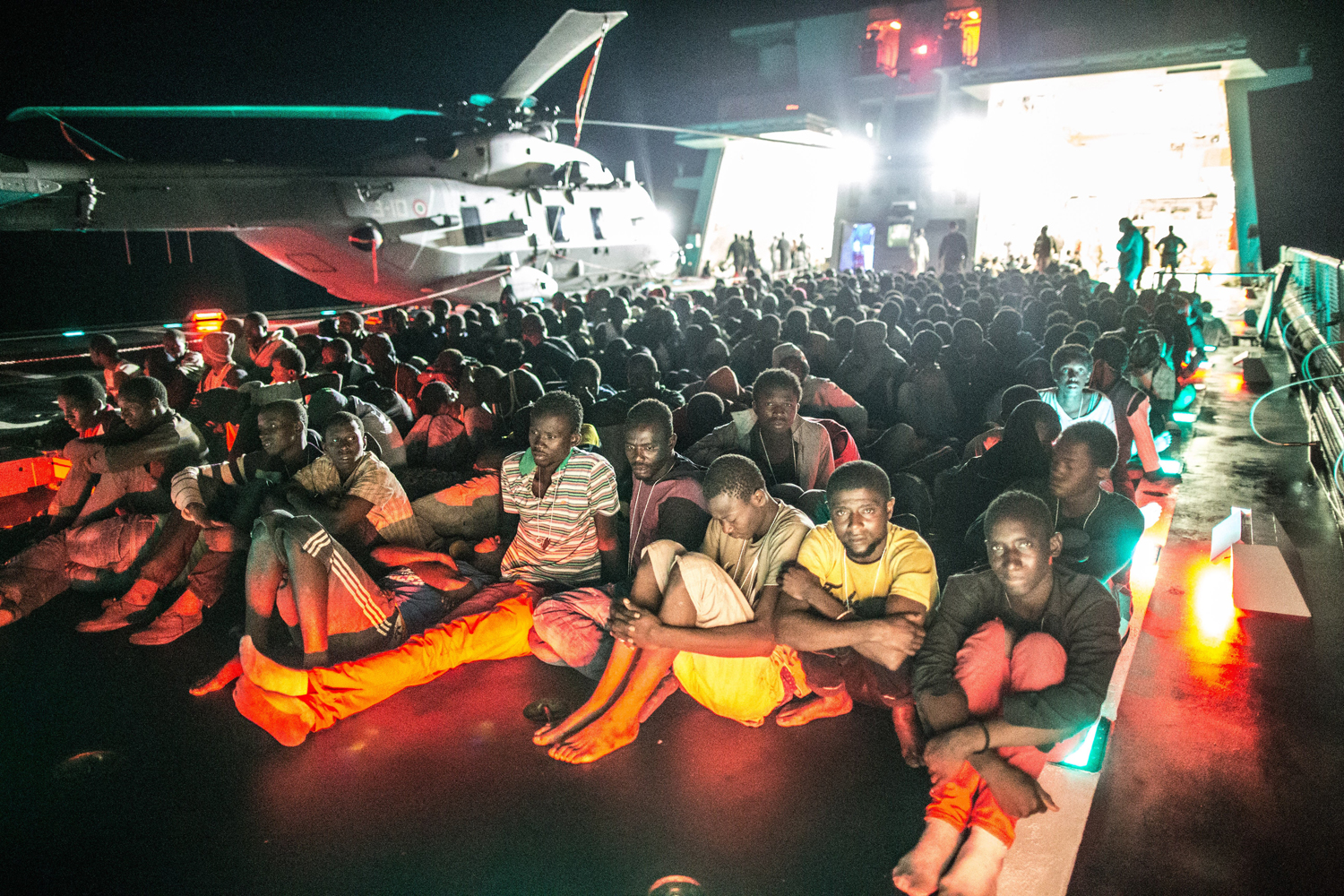
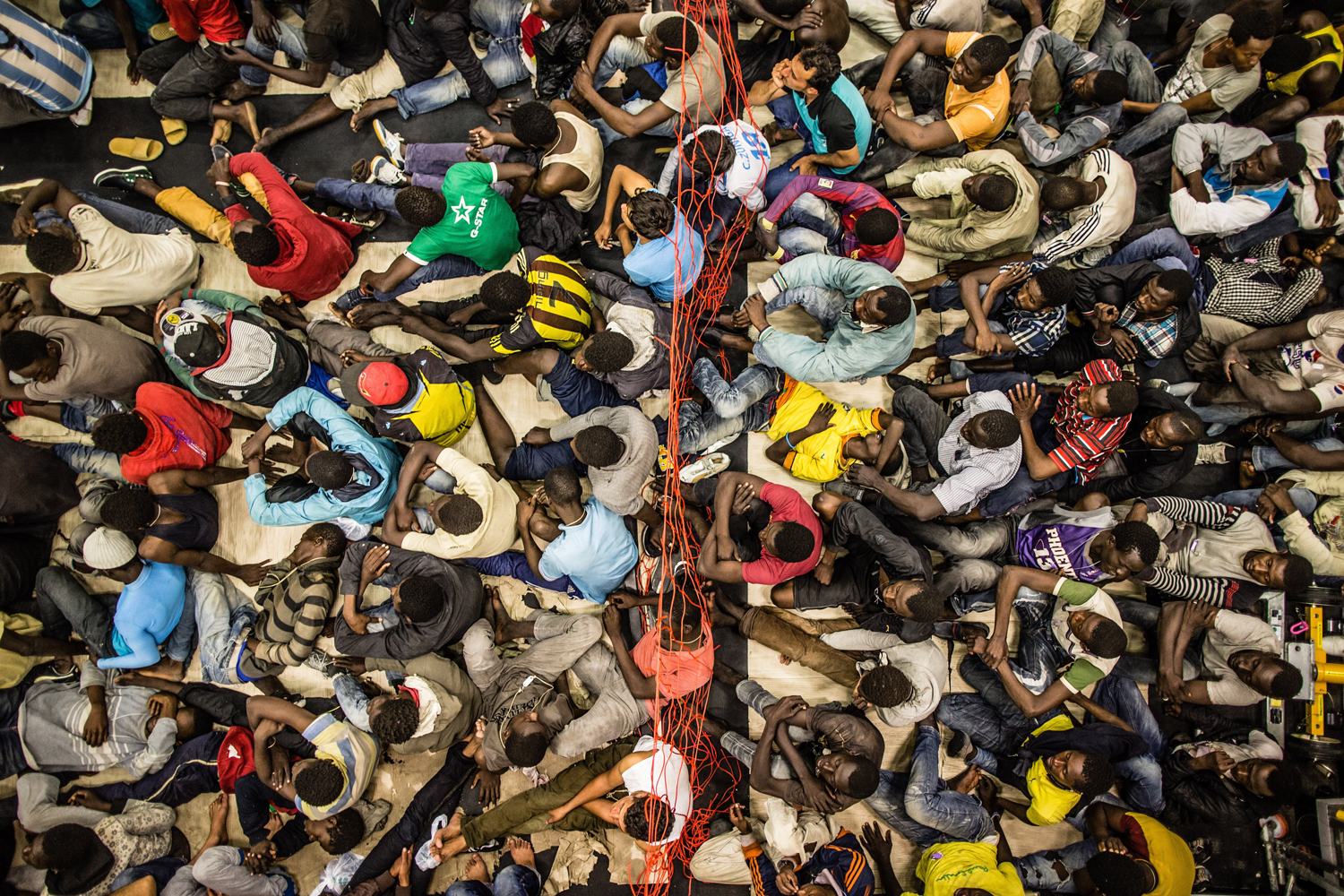
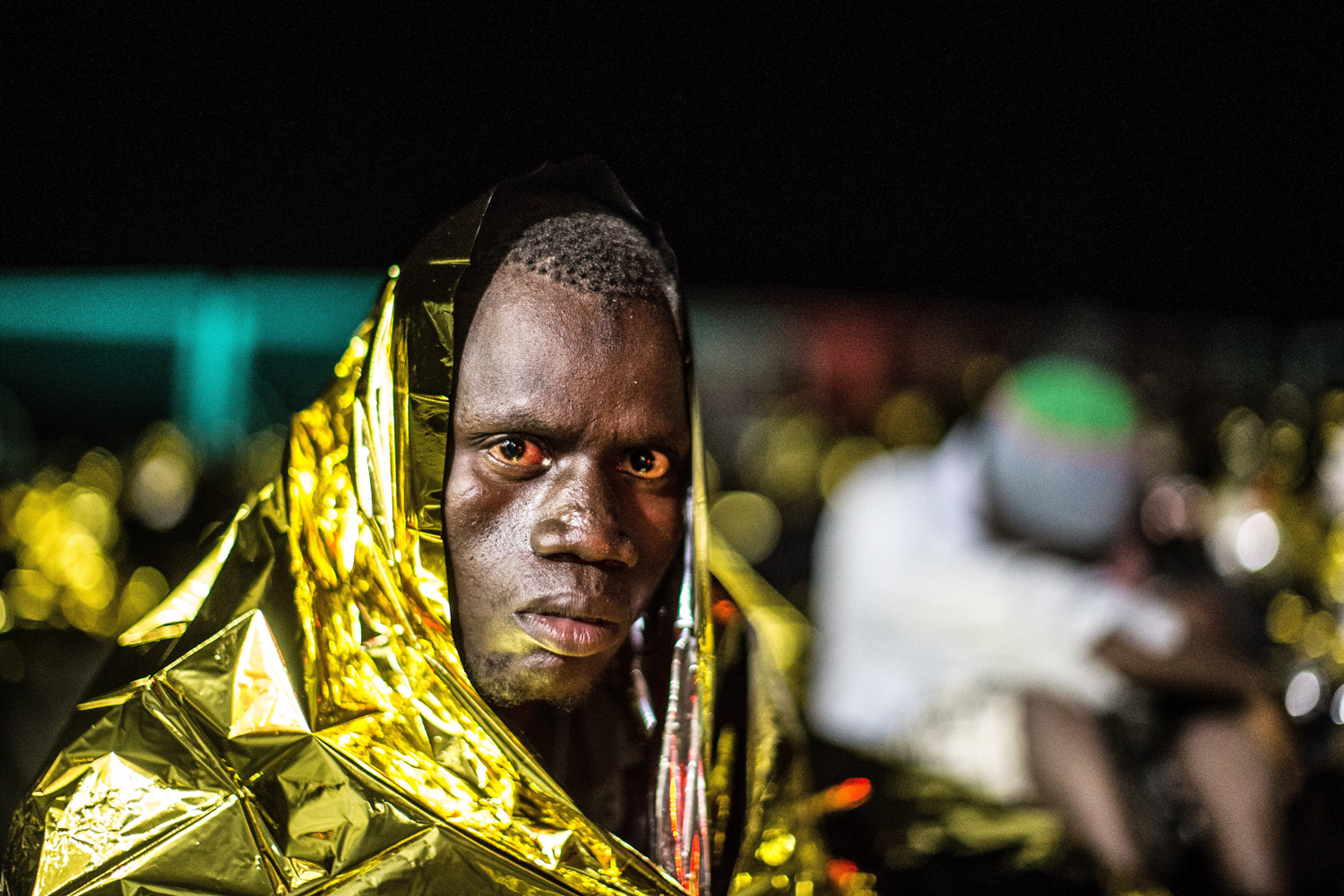
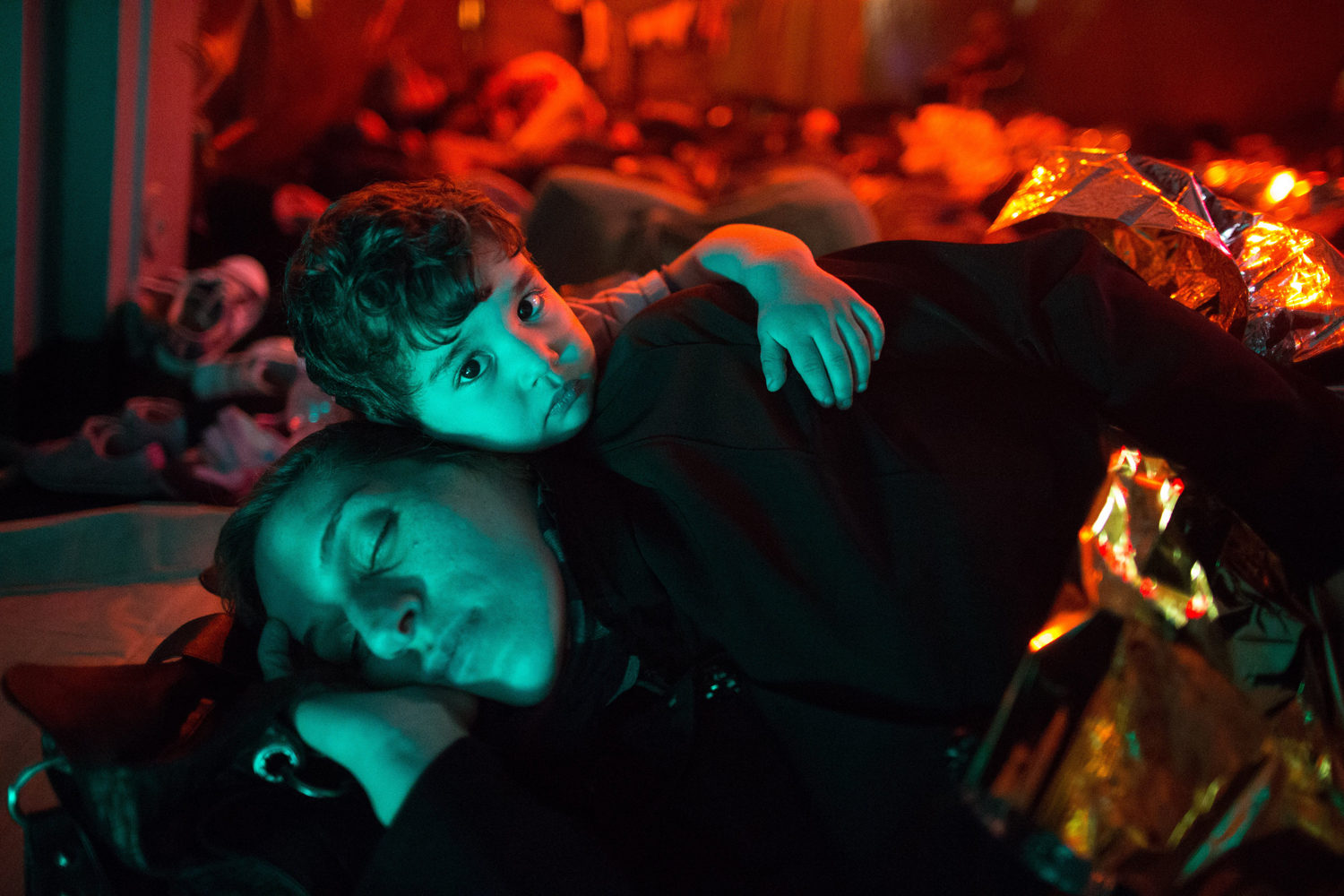
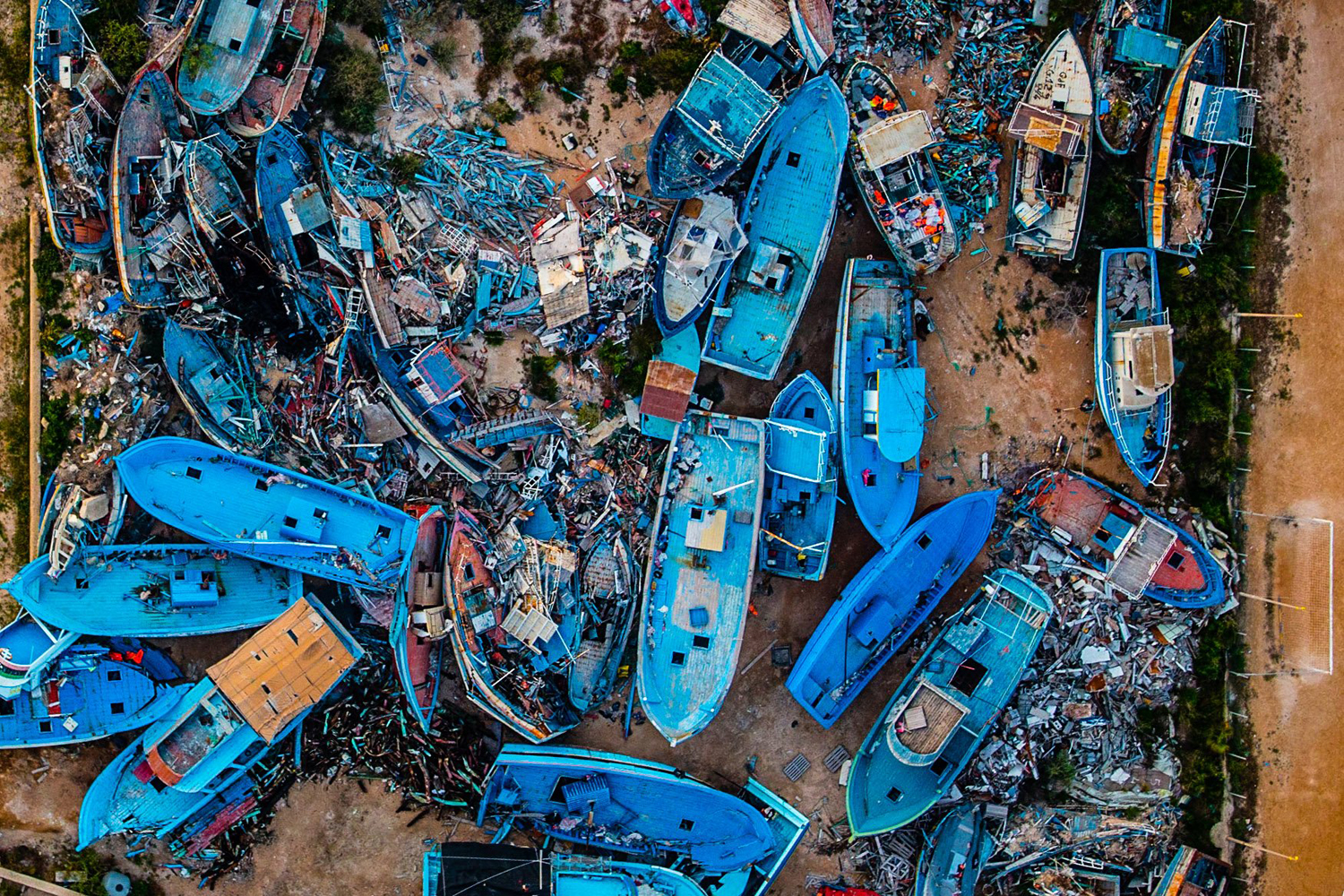
Mahmoud, who requested his last name not be used for fear of complicating his request for asylum in Italy, estimates he paid a steep $2,130 to smugglers throughout the trip.
After leaving Senegal, Mahmoud crossed the blistering Sahara for more than 12 days, traveling through Burkina Faso, Mali and Niger, as groups of migrants were passed from one smuggling group to the next, each demanding payment. With little to eat or drink, he recalled, several migrants died in the sand. When they finally staggered into Tripoli, they found a terrifying city racked by gunfire and militia battles. When Mahmoud ventured out to find work in order to pay for his onward journey, he says, police arrested him and jailed him for “one month and four days.”
Libya’s Catholic Bishop, Father Giovanni Innocenzo Martinelli, told TIME from Tripoli on Monday that he has begun begging Africans who visit his whitewashed Italianate church in the city not to risk death on the unforgiving sea. “I try to discourage them, I try to teach them courage,” he says. But his pleas have fallen on deaf ears. And meanwhile, hundreds more migrants keep arriving in Libya, in search for smugglers to take them to Europe.
By the time the African migrants arrive in Tripoli, they have already paid dearly for leaving home — so dearly, in fact, that stopping short of Europe seems almost unfathomable. Mahmoud never contemplated turning around, a decision that would have required retracing the perilous Sahara route, which he says had “many bandits and robbers.”
Martinelli said many migrants crowded into his church on Sunday, just hours after the news broke that hundreds of migrants appeared to have drowned in the worst single incident in the Mediterranean on record. “The church is full, full, full of Africans,” he said, speaking from Tripoli. “They all want to get to Italy, they all want a possibility to leave.”
Smugglers finally packed Mahmoud and others into a dinghy late one night in early April, but the vessel sprang a leak and the group turned back. Police shot at them as they clambered back ashore, according to his account, killing seven migrants. A few days later, smugglers tried again, packing hundreds into a boat at midnight and sending them across the Mediterranean.
Although his nightmarish journey is now over, Mahmoud says the experience has left him severely affected, and with lasting medical problems. Asked what he tells friends back in Senegal who are considering making the same trek to Europe, he says, “I tell them, ‘Never, never, never go.’”
Read next: More Migrants Saved From Drowning as E.U. Tries to Act
More Must-Reads from TIME
- Cybersecurity Experts Are Sounding the Alarm on DOGE
- Meet the 2025 Women of the Year
- The Harsh Truth About Disability Inclusion
- Why Do More Young Adults Have Cancer?
- Colman Domingo Leads With Radical Love
- How to Get Better at Doing Things Alone
- Michelle Zauner Stares Down the Darkness
Contact us at letters@time.com